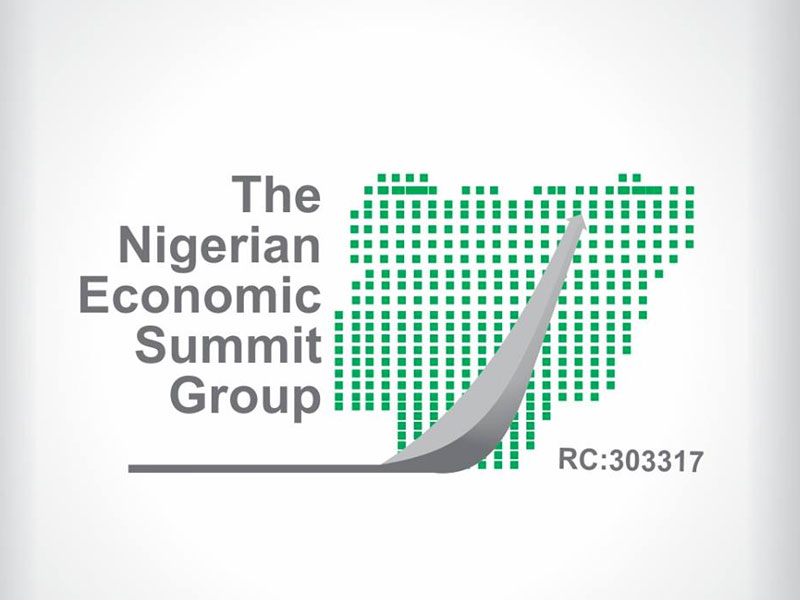As the Federal Government strives to eliminate poverty across the nation, the Nigerian Economic Summit Group, NESG, has harped on the need to scale-up the National Social Investment Programmes, NSIP, targets set in the Economic Recovery and Growth Plan, ERGP.
The group also said the NSIP would never be enough without the concurrent intervention of broad-based sustainable growth focused on creating economic and job opportunities for citizenry.
The NSIPs were initiated by the government in its efforts to address the challenges around our human capital development, with a view to reducing poverty and creating wealth in order to tackle socio-economic vulnerability in the country.
Speaking during a meeting with newsmen in Lagos, Senior Fellow, NESG, Mr. Tayo Aduloju, said: “The NSIP will never be enough intervention to lift all the Nigerian Poor out of poverty without the concurrent intervention of broad-based sustainable growth focused on creating economic and job opportunities, and social inclusion focused on equal access to health, education, digital and job opportunities.
“Economic growth in Nigeria is central to development and largely accepted as essential to reducing poverty and achieving shared prosperity. Nigeria will need to galvanize its policy space not only to stimulate job creation and productivity within sectors, but also to ensure sector growths that the poor could participate in.
“Social protection (policies and programs designed to promote efficient labour markets) has been increasingly viewed by the international community, economists, governments and development practitioners alike, to be specifically important in poverty reduction efforts in developing countries over the last decade.
“The Nigerian economy once dominated by oil extraction is becoming more diverse, and Nigeria’s oil sector contribution to GDP at 10.5 percent is the lowest amongst the Organisation Petroleum Exporting Countries, OPEC.
“With the right investment and policy interventions, Nigeria could become a leader in the global economy by 2030.
“For decades, Nigeria’s oil-led growth even times of boom has not led to the same rate of poverty alleviation and job creation. Therefore, Nigeria has continued to experience rising inequality.
“After the worst recession in two decades, Nigerian requires a new approach to achieve diversified, sustainable and inclusive growth, and to tackle extreme poverty which today stands at about 47 percent poverty headcount (92 million Nigerians in absolute terms live in extreme poverty.
“The NSIP has succeeded as a programme beyond political party lines as is evidenced by the adoption of State Governments that are not in the ruling party and therefore has the design framework for transparency, trust and equitable application across the federation.”

